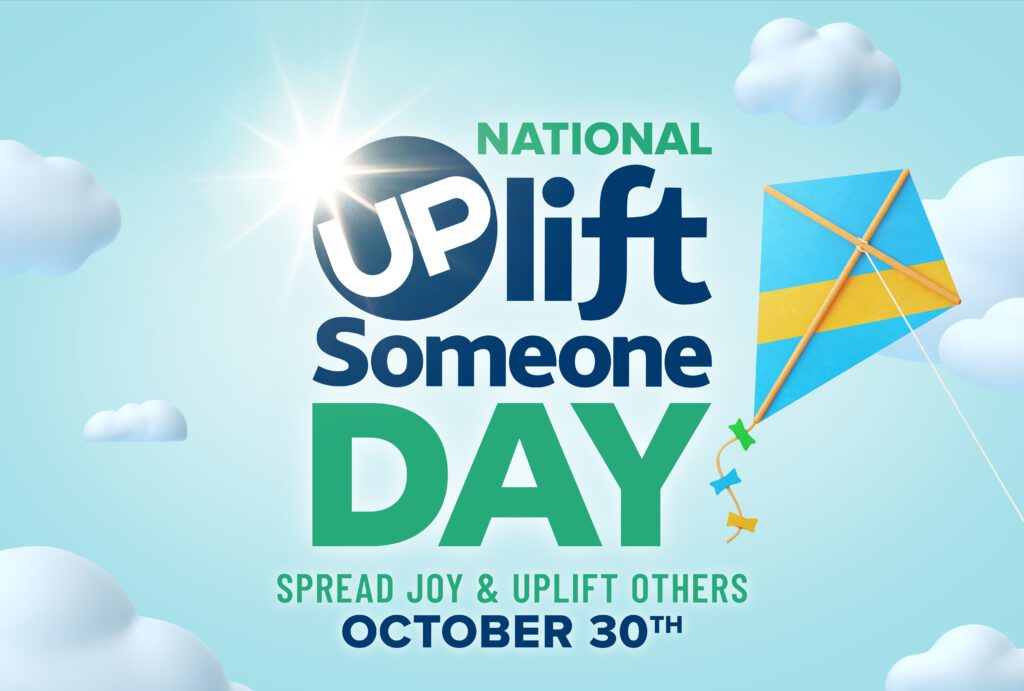
The Power of Self-Care: Five Simple Practices
These days, it’s easy to get caught up in the pressure to do more. We are constantly juggling responsibilities, from work deadlines and family commitments to social obligations. In this whirlwind of activity, one crucial element often gets lost: taking care of ourselves.
Self-care is not a luxury or a selfish indulgence. It’s more than a trendy phrase. And, despite popular wisdom, it’s more than just a bubble bath or fancy coffee treat (though we love those, too!) True self care requires meaningful tending to our physical, mental, emotional, and spiritual health so we can be present and effective for the people and things we love. In the long term, it’s truly an investment in your personal resilience, helping you to navigate life’s inevitable challenges with more grace and strength. When you prioritize self-care, you are less likely to experience the stress that leads to burnout and the dangerous consequences of chronic anxiety.
So, how do we begin? The first thing to remember is that self-care looks different for everyone. What truly nourishes one person might not benefit someone else. The key is to find activities that genuinely bring you peace and joy, bolster your faith and lift your outlook on life. To help you get started, here are five simple yet powerful ways to incorporate self-care into your daily routine. We guarantee these will improve your mood and boost your overall sense of happiness.
- Move Your Body with Intention

Physical activity is one of the most effective ways to care for your body and mind. It doesn’t have to be a grueling workout at the gym, and it doesn’t even require a big time commitment; it can be a brisk walk around your neighborhood (bonus self-care points for going outside), a gentle yoga session, or even a dance party in your living room. The goal is to choose a type of movement you enjoy. When you move your body, you release endorphins, which are the brain’s natural mood boosters. This helps to reduce stress, improve sleep, and increase your energy levels throughout the day.
- Nourish Yourself with Comforting Content
Sometimes, the best way to decompress is to watch comforting, uplifting TV series and movies where the familiar storylines and beloved characters create a sense of predictability and safety. This allows your brain to relax, offering a much-needed break from the constant stream of new information and tasks. The absence of shocking plot twists or intense drama gives your mind a rest from having to process the unexpected.
Many people find rewatching favorite movies or TV series especially comforting, and there is even research to support why! So next time you need a personal reset, consider bingeing a nostalgic sitcom or streaming a cozy romantic comedy. These lighthearted stories can truly lift your spirits and provide a gentle, healthy escape.
Feel-Good Favorites on UP Faith & Family If you’re looking for some comfort viewing of your own, check out some brand new additions to our lineup – romances, inspirational stories and even holiday movies – ready to stream now!
- Practice Mindful Moments
Spiritual practices such as mindfulness and prayer are powerful tools in a world filled with distractions. Mindfulness steers us toward being fully present in the moment without judgment. You can practice this by taking a few deep, intentional breaths at your desk. You can also turn toward your senses by mindfully savoring a cup of tea, paying attention to its warmth, aroma, and flavor. These small moments of awareness can ground you and interrupt a cycle of racing thoughts, allowing you a few minutes to simply “be.”
Similarly, prayer provides a dedicated time to quiet your mind and connect with your faith. It’s a way to release burdens and find that “peace that surpasses all understanding,” (Philippians 4:7) creating a sacred space for reflection and a sense of connection to something greater than yourself.

- Connect with Your Community
Here’s an insight some may find counterintuitive. Research shows that one of the best ways to nurture yourself is to take care of others. While we often think of self-care in terms of quiet, solitary activities, it is also deeply connected to our relationships. Bolstering your social bonds is a vital part of your well-being. Make time to connect with friends, family members, or a community group. A meaningful conversation, a shared meal, or a simple phone call can remind you that you are not alone.
- Set Healthy Boundaries
This one often takes a bit of courage, but the truth is, caring for yourself also involves protecting your time and energy. Setting healthy boundaries with others and learning to say “no” can be difficult at first, especially if you are what Gretchen Rubin, author of The Four Tendencies, has dubbed an “Obliger.” However, recognizing your limits and communicating them kindly is an act of self-respect. You are the only person who can truly know your capacity. Setting boundaries ensures you are giving from a place of abundance rather than depletion. And more importantly, it allows you to spend time and energy in ways that are aligned with your values.
To make saying “no” easier, try a few of these strategies:
- Establish a passion cause. Set aside time to think about what’s important to you in life at this moment. Perhaps you’d like to delve into helping women in your community. When asked to do something that falls outside of that priority, you can simply say “Thank you so much for asking. For the rest of the year I’m giving all of my time to helping victims of domestic abuse, but please check with me again in January.”
- Create personal policies. Maybe you never skip your Monday morning exercise class, always leave events by 8pm, or regularly attend a Bible study on Wednesday evening. Blocking these items in your calendar helps remind you of your core values, making it easier to decline requests that may interfere with those high-priority activities.
- Employ a “No, but” response. It’s hard for most of us to just give someone a plain “no.” Make it more gentle by offering something else: “I’m sorry I can’t help host the baby shower, but what if I compile photos afterward and send them to the new mom?” This technique allows you to politely decline the specific request, but extend an alternative gesture that’s easier for you to manage.
While self-care is an evolving practice that shifts with the seasons of our lives, it’s always critical to create dedicated space to rest, recharge, and reconnect. This fortifies the very foundation of our well-being, allowing us to build and live a full, meaningful life.
Need some ideas for a new family movie to stream? Check out our favorite family-friendly movies and series. Stream anytime on UP Faith & Family. Start your 7-day free trial today.
Melanie Gilbert owns Choral Communications and resides in Atlanta with her husband (and great dad!), daughter, and two cats.
RECOMMENDED FOR YOU
Start Streaming Family-Friendly Shows and Movies Today!








